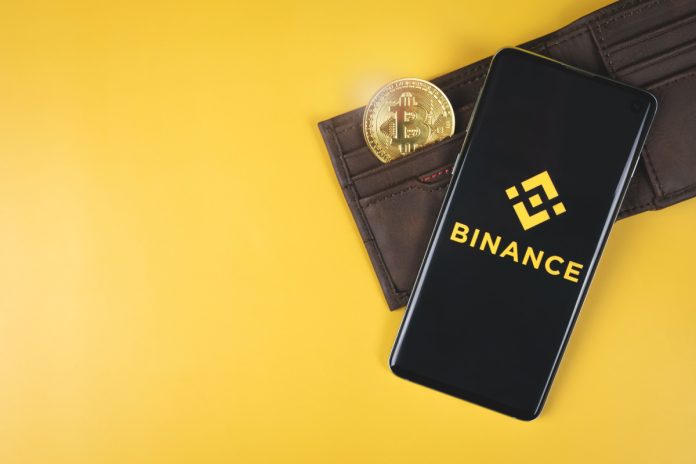Binance has launched its first Web3 wallet to compete with others in an already competitive market.
The new wallet, which was announced at this week’s Binance Blockchain Week conference in Istanbul,will be compatible across 30 different blockchain networks and will be made to be “more than just storing digital assets” according to Binance CEO, Changpeng Zhao.
He commented on the wallets launch at the conference, stating: “Web3 wallets represent more than just storing digital assets; they are an integral part of the Web3 framework, empowering individuals with the ability for self-sovereign finance.”
Due to the size and scale of its exchange, Binance will look to capitalise on this for the growth of its Web3 wallet, competing with other exchanges who offer their own wallets such as Coinbase and OKX, as well as MetaMask and TrustWallet, with the latter being owned by Binance.
Consequently, upon the news of the launch of Binance’s Web3 wallet, TrustWallet’s TWT native token dropped by 7% in the last 24 hours, according to CoinMarketCap, despite TWT being listed as a futures market on its exchange earlier this week.
Binance acquired TrustWallet, which also houses its own Web3 wallet, in 2018 through a deal that involved cash, Binance stock and a share of the exchange’s native token BNB.
Binance users can create their own wallet through the company’s app, with KYC procedures yet to be confirmed by the company for users to follow.
Users, once signed up, can interact with the wallet to explore DeFi activities such as staking, borrowing and lending.
One shortfall that could hamper Binance’s Web3 wallet is its accessibility, as it can only be accessed through the Binance app, whereas competing wallets can be accessed through various avenues and means.
Another early growing pain for the wallet is the high susceptibility to fraud and hacking attacks, which is common in many Web3 wallets.
This could be even more prevalent for Binance’s offering as it is still unclear whether or not KYC guidelines are implemented.
Binance has since stated that it will integrate multi-party computation, removing the need to memorise seed phrases as two of the three kay shares are owned by the wallet owner.























